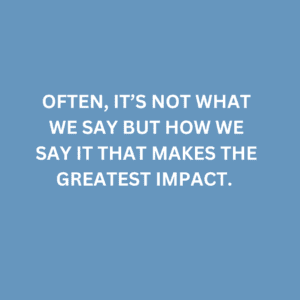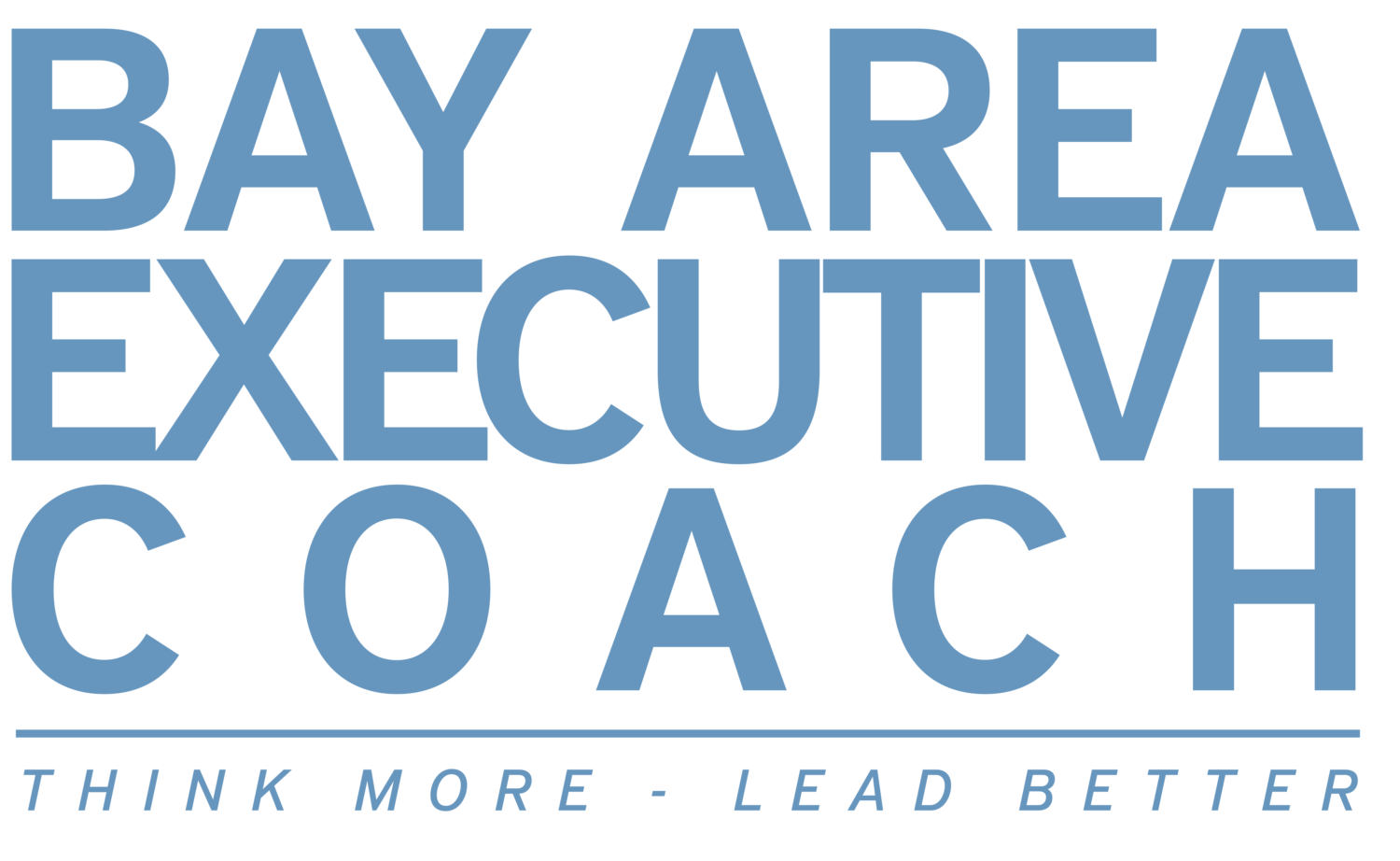How Conversational Intelligence Helped Resolve Friction in a Manager – Staff Relationship
Often, it’s not what we say but how we say it that makes the greatest impact. Such was the case with a business executive we coached in a short engagement (6 sessions) whose style upended the objectives he was aiming for with a key staff member. The engagement provided us with an opportunity to improve a contentious business relationship through the use of Conversational Intelligence (C-IQ) tools.
The Situation
Alex (not his real name) was a vice president at a real estate management company. Alex was a “by the book” executive who strongly believed company rules are meant to be followed to the letter, without exception. Unfortunately for Alex and the people reporting to him, Alex’s managerial style came across as heavy-handed and unyielding. This worked to undermine respect for Alex and foster low morale among his staff.
While it’s important for managers to enforce company policies among their staff, how they do it is of equal if not greater importance. “Diplomacy” is probably the word that best describes a more refined approach. Alex was correct in what he was doing, but his approach to doing it was rubbing people the wrong way. 
The situation came to a head when Sandy (not her real name), a mid-level manager highly regarded by the company’s top management, was recruited from another state to work in Alex’s group. This was fairly early in the pandemic. Despite that, company policy stipulated that Sandy had to work a certain number of days onsite in the office.
However, Sandy felt unsafe in doing so and wasn’t complying with the rule. Naturally Alex insisted that Sandy be onsite, setting the stage for a fractious and unproductive business relationship. The company thought highly of Sandy and had a significant investment in hiring her.
They believed in Sandy and didn’t want her driven away by a vice president who was a strong and overbearing rules enforcer. As the situation fermented and became increasingly unpleasant and unproductive, executive leadership thought that executive coaching for Alex might help turn things around. However, the budget for external coaching was very tight. Thus, it was requested of us to work with Alex for just six weeks.
This was a highly unusual request, but we were up for it. One thing we knew would likely be necessary to achieve success in such a short time would be to present a blend of perceptual and behavioral coaching along with some training to impart wisdom quickly.
The Coaching & Training
As we got acquainted with Alex in our initial session, we determined that he actually desired to be a different type of leader than the one he was being. This was fascinating since it revealed more of a lack of knowledge than a desire to be a strict disciplinarian.
Alex truly wanted to bring more empathy and understanding to his managerial style but wasn’t sure how. To bring these qualities into play quickly, we introduced Alex to the concept of Conversational Intelligence (C-IQ) developed by Judith Glaser. Our principal coach, Michael Neuendorff had been personally trained and certified by Judith to share this work with clients in 2018.
Conversational Intelligence is a discipline – a body of work – rooted in neuroscience that helps people hold conversations that achieve positive outcomes. This is extremely important since so many conversations miss the mark for a variety of reasons. C-IQ helps the people in a conversation use tools, processes and understanding of how humans are wired to connect, collaborate, innovate and co-create entirely new solutions that could not have been done alone.
As stated earlier, our coaching sessions with Alex encompassed a blend of coaching and training. On the coaching front, we helped Alex to change his perceptions about enforcing rules and adopt a new habit of seeking to understand the before demanding change.
On the training front, we used the Conversational Dashboard paired with the Up-Regulating/Down-Regulating chart to elevate Alex’s skills in communication. These tools helped Alex modify and refine the way he addressed staff revolving around company policies. Specifically, we strategized with him on how he could improve his working relationship with Sandy. This included ways for rebuilding trust in the relationship and expressing empathy for Sandy’s point of view. 
As we developed a plan for how Alex could invite Sandy to have a conversation to discuss their points of difference, he felt more confident that this could go well. He was excited to give his new knowledge with C-IQ a try as well as employ some ideas such as holding the conversation in a neutral place, outdoors on a sunny day. Before he had the conversation, we also talked about how Sandy might respond and what would he say to give her more confidence that she could trust him and that he was really hearing her.
The Results
After our engagement concluded, Alex’s relationship with Sandy greatly improved. They came to an understanding that felt good for both sides. Alex felt much better too about his enhanced leadership style, and was more confident in his journey to become the leader he truly aspired to be. It was quite amazing to see Alex transform his leadership style and approach in such a short time. It certainly helped that he was very open-minded and receptive to the coaching and training and eager to make changes.
Ready to Help You Too
Alex’s case is not entirely unique. Many leaders find themselves stuck in a style of leadership that’s not meeting their aspirations nor getting the results they desire with team members. If you’re a leader who feels challenged by or stuck in old behavior patterns, our coaching can be helpful to unlocking a new and better way forward. Contact us today to schedule a meeting time through our calendar or complete our contact form.
Download this case study if you’d like a copy.
